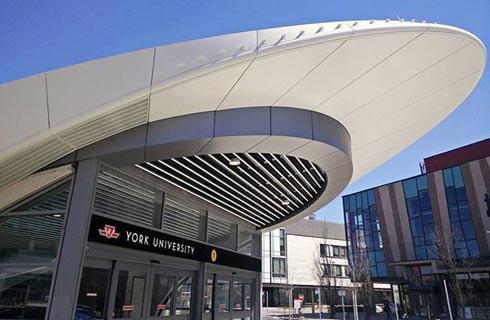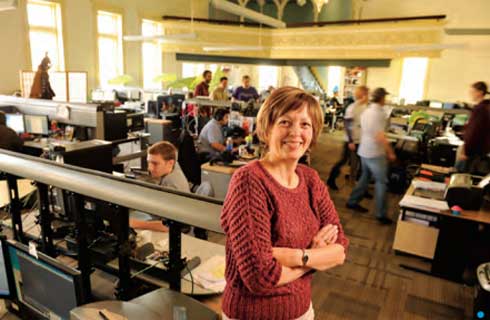- IDP China>
- 课程库>
- 工程与技术>
- 工程>
- 材料科学>
- Doctor of Philosophy in Materials Science and Engineering - Computational Materials Science
Doctor of Philosophy in Materials Science and Engineering - Computational Materials Science

学历文凭
Ph.D.

专业院系
Materials Science and Engineering

开学时间

课程时长

课程学费

国际学生入学条件
Transcripts and Degrees must be in English (all post-secondary education, including transcript keys).
Unofficial transcripts should be uploaded to your graduate application. The minimum requirement for admission consideration is the completion and award of a four year U.S. bachelor's degree, or its equivalent, by the time of planned enrollment.
Personal Statement
Resume or curriculum vitae
Two letters of recommendation
Portfolio, if required by department
TOEFL score of 88 iBT
IELTS score of 6.5
IDP—雅思考试联合主办方

雅思考试总分
6.5
- 雅思总分:6.5
- 托福网考总分:88
- 托福笔试总分:160
- 其他语言考试:Duolingo score of 120<br>PTE score of 59
CRICOS代码:
申请截止日期: 请与IDP联系 以获取详细信息。
课程简介
相关申请
 预科
预科 奖学金
奖学金 实习机会
实习机会 在校学习
在校学习 跨境学习
跨境学习 校园授课-线上开始
校园授课-线上开始 在线/远程学习
在线/远程学习
开学时间&学费
学费信息仅供参考,请与IDP联系以获取详细信息
| 开学时间 | 时长 | 学费 | 地点 |
|---|
学校排名

世界排名351
数据源:
泰晤士高等教育世界大学排名
本校相关课程

电气工程学学士学位
学历文凭
Bachelor Degree
开学日期
课程费用总额


Bachelor of Science in Interdisciplinary Science
学历文凭
Bachelor Degree
开学日期
课程费用总额


Bachelor of Science in Physician-Scientist/Doctor of Medicine
学历文凭
Combined Bachelor's / Doctoral Degree
开学日期
课程费用总额


技术商业化和创业学理学硕士
学历文凭
Masters Degree
开学日期
课程费用总额


科学技术哲学博士
学历文凭
Ph.D.
开学日期
课程费用总额


物理学哲学博士
学历文凭
Ph.D.
开学日期
课程费用总额

其他相关课程

工程哲学博士-材料科学与工程(博士学位,可选)
 麦克马斯特大学
麦克马斯特大学学历文凭
Ph.D.
开学日期
课程费用总额


Master of Science in Materials Science
 安大略理工大学
安大略理工大学泰晤士高等教育世界大学排名:915
学历文凭
Masters Degree
开学日期
课程费用总额


Master of Science in Materials Science and Engineering
 克莱姆森大学
克莱姆森大学学历文凭
Masters Degree
开学日期
课程费用总额


材料科学哲学博士
 南加州大学
南加州大学泰晤士高等教育世界大学排名:74
学历文凭
Ph.D.
开学日期
课程费用总额


材料科学理学硕士
 南加州大学
南加州大学泰晤士高等教育世界大学排名:74
学历文凭
Masters Degree
开学日期
课程费用总额


Doctor of Philosophy in Materials Science and Engineering
 北德克萨斯大学
北德克萨斯大学学历文凭
Ph.D.
开学日期
课程费用总额











